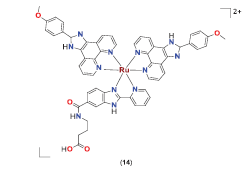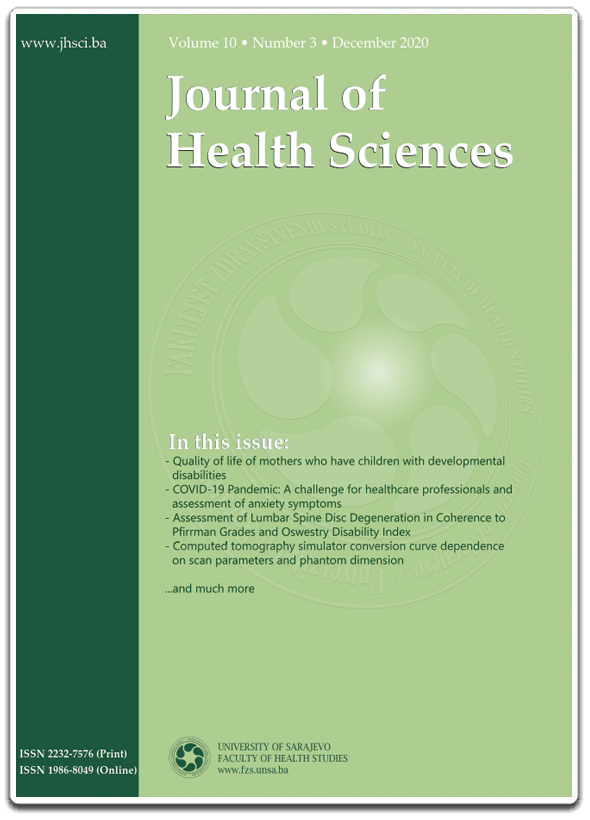Ruthenium-based complexes as anti-tumor agents
DOI:
https://doi.org/10.17532/jhsci.2024.2693Keywords:
Ruthenium complexes, Cancer, Metallodrug, Mechanism of action, Antitumor propertiesAbstract
Extensive research into platinum-based chemotherapeutics has been underway for decades with ruthenium-based complexes emerging as interesting and potent candidates. Even still, there is no evidence of a single mechanism of action across all synthesized and tested Ru-based complexes, prompting the continuance of research in this field. In addition, the mechanism of action varies according to cell line and/or animal model and is seemingly highly individualized and personalized. In accordance with this, the ruthenium complexes are able to activate specific molecular pathways and interact with certain targets within the cell, sometimes reported simultaneously. In this review, we attempt to give a new perspective on ruthenium complexes’ anti-cancer properties and organize selected results from the past 15 years of research connecting their structure with the reported mechanism of action. These results corroborate the previously reported great potential that ruthenium complexes have on cancer in vitro. In addition, the review provides insight into Ru drugs in their clinical trials and their efficacy against cancer including a historical context on metallodrugs, particularly platinum-based complexes, and their antitumor capability.
Downloads

Downloads
Published
License
Copyright (c) 2024 Amir Herić, Nejla Dibranin, Lora Martić, Ena Hodžić, Adnan Zahirović, Amina Kurtović Kozarić

This work is licensed under a Creative Commons Attribution 4.0 International License.










